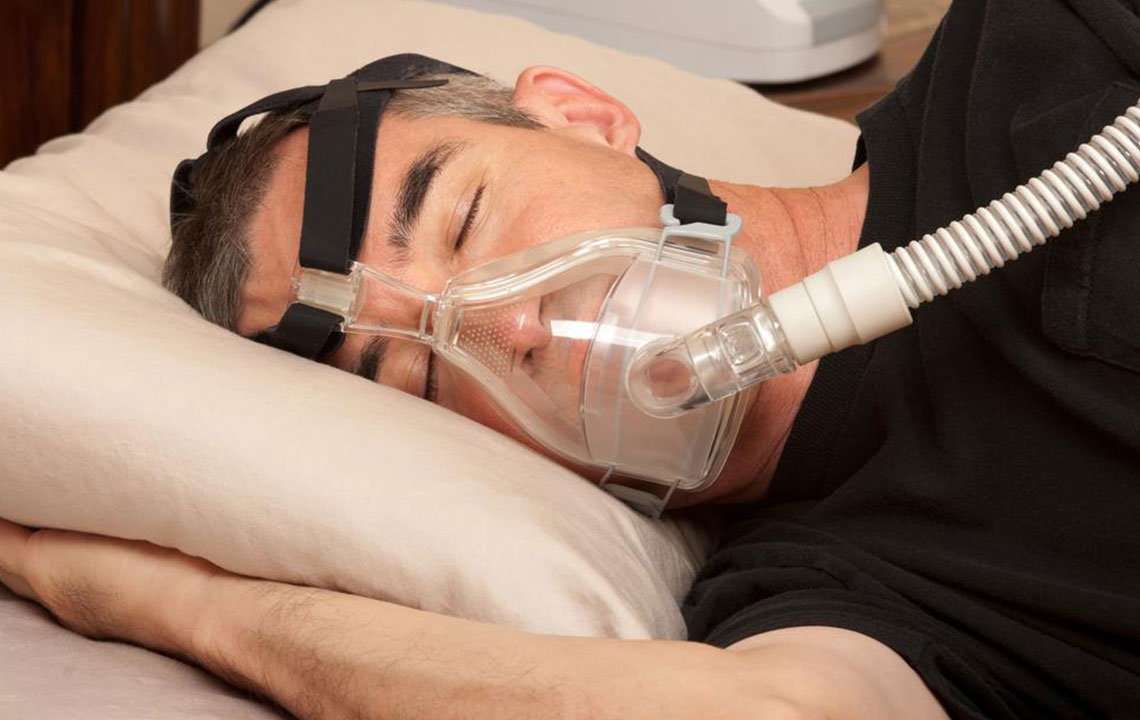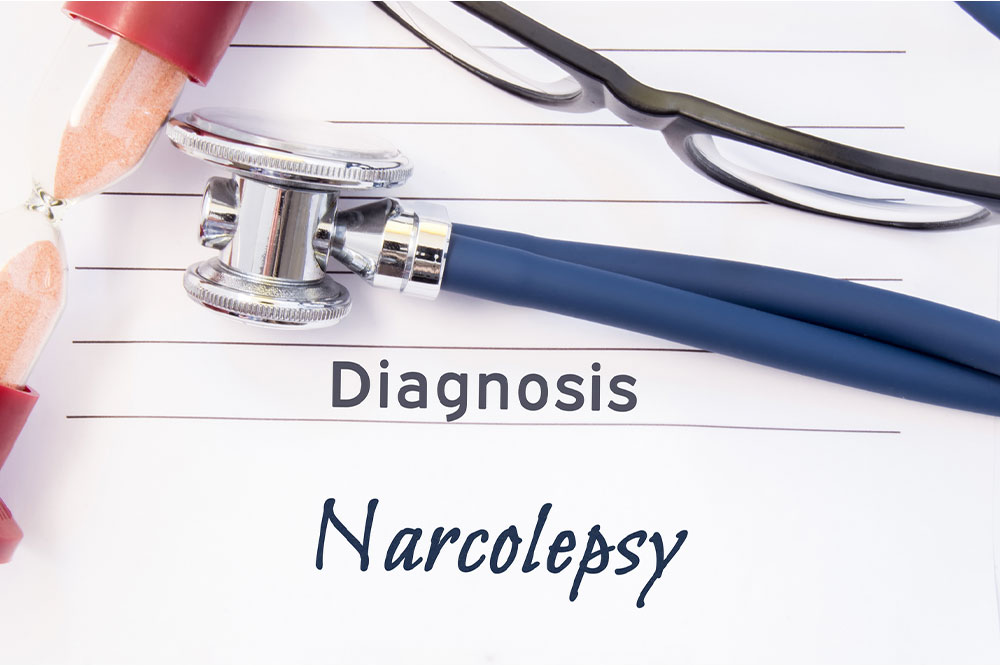Exploring Idiopathic Hypersomnia: Causes, Diagnosis, and Treatment Strategies
This article delves into idiopathic hypersomnia, exploring its symptoms, potential causes, diagnosis, and management strategies. It emphasizes lifestyle modifications, treatment options, and the importance of professional guidance for those affected by this neurological sleep disorder, aiming to improve quality of life through informed care and support.

Understanding Idiopathic Hypersomnia: Causes, Diagnosis, and Effective Management
Idiopathic hypersomnia (IH) is a long-term neurological sleep disorder characterized by intense daytime drowsiness. Individuals with IH struggle to stay awake during the day despite getting sufficient sleep at night. Because many conditions can cause excessive sleepiness, diagnosing IH can be challenging. Sleep disorders like narcolepsy or sleep apnea may exhibit similar symptoms. Learn more about IH's origins and how to manage it effectively.
Causes
This condition affects roughly 1% of the population, with symptoms varying from mild to severe. Some individuals experience only persistent sleepiness, while others are unable to sleep properly at night or wake up feeling exhausted after minimal sleep. Although the exact cause remains unknown, factors like sleep cycle regulation issues, depression, or anxiety-related sleep disturbances are suspected contributors. IH occurs due to improper regulation of sleep-wake cycles despite adequate rest.
Prevention and Lifestyle Adjustments
Managing IH involves lifestyle modifications. Avoiding caffeine, which can disrupt sleep patterns, is advisable. Incorporate stress reduction techniques like yoga or meditation, ensure regular physical activity, and maintain a balanced diet. Avoid heavy or spicy meals before bedtime, and opt for smaller portions of carbohydrate-rich foods like pasta or rice if eaten at night. These adjustments can help alleviate symptoms and improve sleep quality.
Diagnosis
Proper diagnosis requires multiple evaluations, considering causes like sleep apnea, narcolepsy, or mood disorders such as depression and anxiety—all of which can cause daytime sleepiness. Symptoms like fatigue or nighttime breathing issues are also relevant clues. Identifying IH involves sleep studies and neurological assessments to distinguish it from other sleep disorders.
Treatment Options
Most individuals are prescribed medications that promote alertness and help sustain wakefulness. However, these drugs may cause side effects like headaches or sleep disturbances. If stimulants don’t improve symptoms or worsen them over time, consulting a healthcare professional for alternative approaches is crucial. Long-term stimulant use might carry heart-related risks, but the overall impact varies. Short naps can provide temporary relief but may interfere with natural sleep rhythms if overused.
Managing and Living with IH
Although IH cannot be entirely prevented, lifestyle changes can markedly improve overall quality of life. Consistent sleep routines, limiting caffeine intake, and staying physically active help manage daytime drowsiness. Reducing nighttime stress and avoiding large meals before sleep also contribute to better rest. Mental engagement during waking hours can further combat fatigue. Support from family, friends, and healthcare providers plays a vital role in coping with IH. For additional information, online resources and local support groups are valuable.










